Don't have an account?
Creating an account has many benefits: check out faster, keep more than one address, track orders and more.
Or
Checkout as a Guest
Place your order without creating an account for extra convenience.
Our Best-Selling Tools for milling, drilling, turning and threading Inconel, Hastelloy, stellite, Monel & Other Heat Resistant Super Alloys.
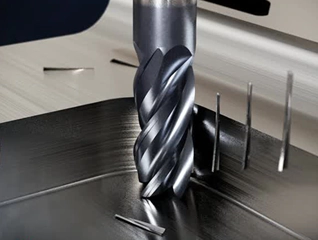

For highest metal removal rate milling of nickel alloy
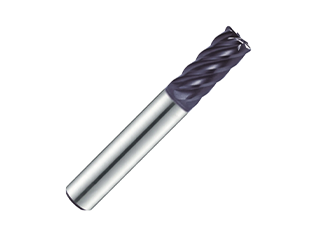

For trochoidal milling and high feed dynamic milling and profiling of nickel alloy
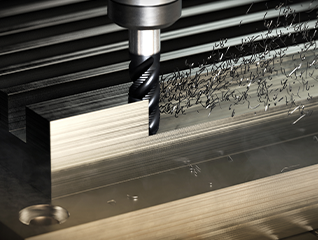

For high performance light cutting or finish milling of nickel alloy
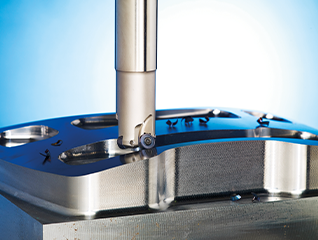

For best performance with Super CVD Grade UNC840
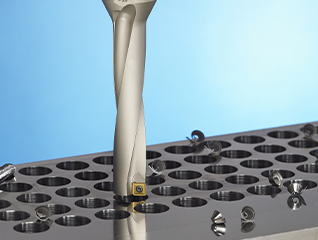

Exotic drilling from 12-100mm diameter, 2xD to 5xD. Special Grade KEP8545 for exotics
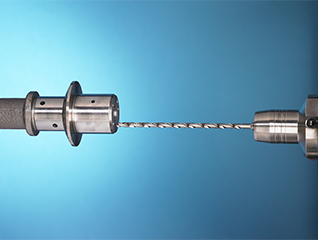

For high performance drilling of nickel alloy
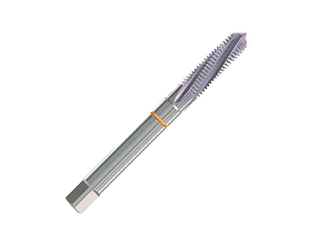

Specially designed for reliable tapping of nickel alloy
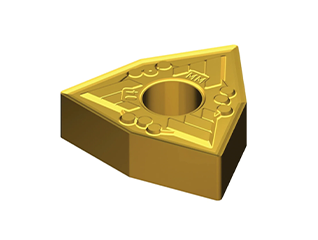

For high speed turning of nickel alloy with the longest tool life and reliability
A multipurpose cutting tool is a versatile tool designed for various cutting applications across different materials and tasks. These tools are engineered to provide flexibility and efficiency while reducing the need for multiple specialized cutting tools. They are commonly used in various industries, including construction, woodworking, metalworking, automotive, and DIY projects.
The choice of a multipurpose cutting tool depends on the specific cutting requirements, materials, and precision needed for a given project. Using a multipurpose cutting tool can streamline work processes, reduce the number of tools needed, and improve overall efficiency in various applications.
Choosing the right multipurpose tool, such as a drill or milling cutter, is crucial for achieving precision and efficiency in machining operations. Here are steps to help you choose the appropriate multipurpose milling tool:
Understand Your Machining Needs: Determine the materials you'll be machining. Common materials include metals (e.g., steel, aluminum, brass), plastics, and composites. Furthermore, identify the specific machining operations you need to perform, such as facing, contouring, drilling, slotting, or roughing. Different tools excel in different operations.
Consider Material Hardness: For hard materials like steel or exotic alloys, you'll need tools with high hardness and wear resistance. Carbide or cobalt-based tools are suitable for such materials. Softer materials like aluminum and plastics can be machined with a wider range of tools, although specific aluminium geometry tools will help prevent issues like swarf build-up and heat generation.
Evaluate Tool Coatings: Coatings like TiN (Titanium Nitride), TiCN (Titanium Carbonitride), TiAlN (Titanium Aluminum Nitride), and others can enhance tool life and performance. Choose coatings based on the materials you're machining.
Determine Tool Geometry: Tool geometry includes factors like the number of flutes, helix angle, and cutting edge design. Consider the type of workpiece and the desired finish when selecting geometry. For roughing operations, for instance, milling tools with more flutes may be appropriate for efficient material removal.
Tool Size and Shank Diameter: Ensure that the tool's size, including the overall length and shank diameter, is compatible with your machine's capabilities and the available workspace.
Feed Rate and Speeds: Consider the recommended cutting speeds and feeds for the material and tool you're using. Operating within these parameters is crucial for tool life, workpiece quality and surface finish.
Coolant and Lubrication: Some materials benefit from coolant or lubrication during machining, for instance HRSAs like titanium and inconel. Make sure the tool you choose can accommodate the necessary cooling methods, as well as your mill or lathe.
Tool Brand and Quality: Stick to reputable tool manufacturers known for producing high-quality milling tools. Quality tools are less likely to break or wear out prematurely. Cutwel supplies a wide range of market leading brands including Korloy, YG-1, Karnasch, Vardex and Simtek.
Budgetary Restrictions: Determine your budget for tooling, but also consider the total cost in a tools lifespan. Higher-quality tools may initially cost more but can last longer and produce better, more consistent results.
Consult Experts and Resources: Seek advice from experienced machinists, engineers, or tool suppliers who can provide recommendations based on your specific machining requirements. Cutwel has a team of time-served engineers on hand to provide expert recommendations for your exact requirements, as well as a highly knowledgeable sales team. Get in touch today on 01924 869610!
Safety and Operator Training: Ensure that you and your operators are trained in safe tool handling and proper machining techniques to maximize tool longevity and safety.
Remember that the choice of a multipurpose tool can significantly impact the quality and efficiency of your machining operations. Carefully assess your needs, materials, and specific machining tasks to make an informed decision.
Creating an account has many benefits: check out faster, keep more than one address, track orders and more.
Or
Place your order without creating an account for extra convenience.